Living with Endo: The Invisible Load No One Talks About
·
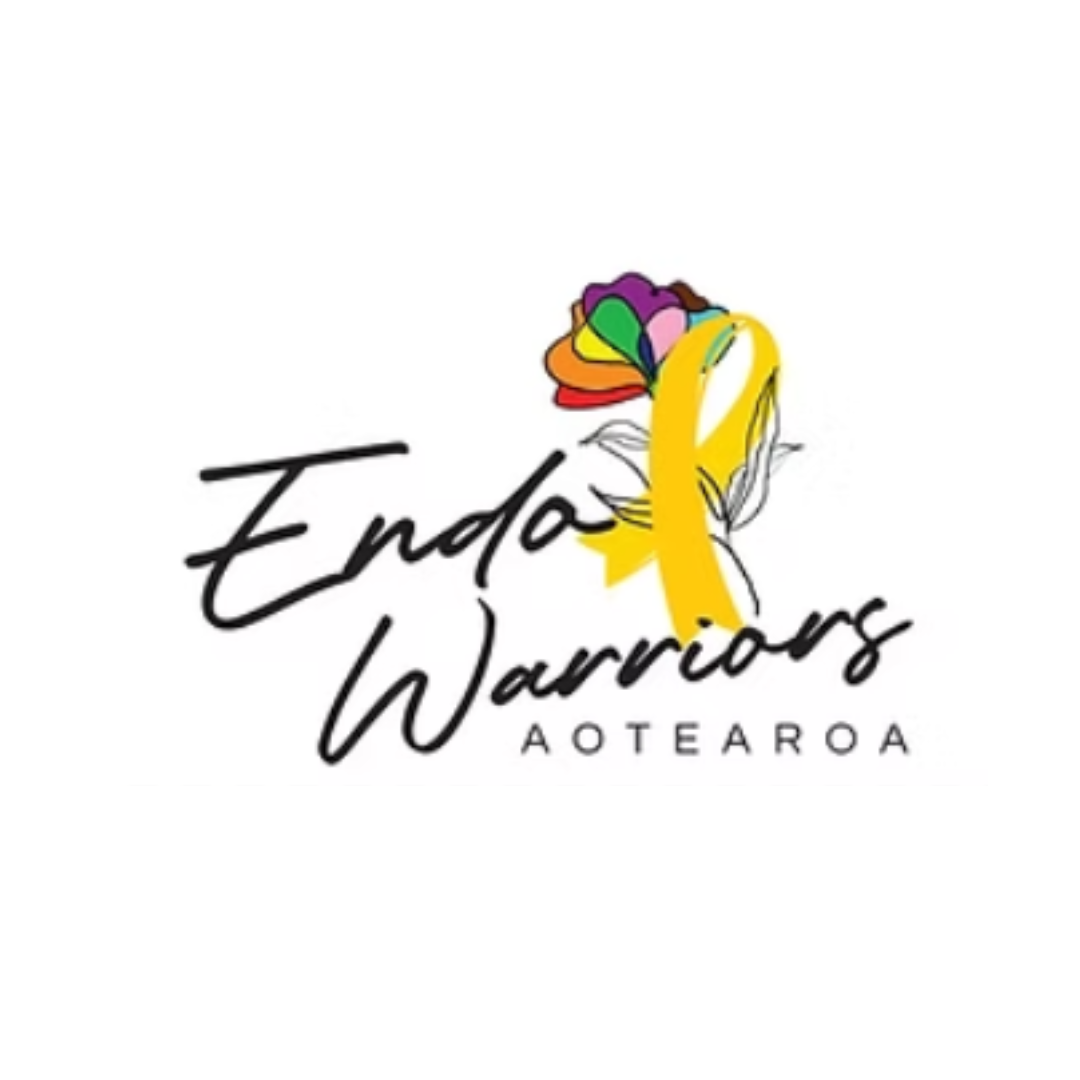
·
When most people hear the word endometriosis, they think of painful periods. But those of us who live with it know it’s so much more than that. It’s chronic pain, exhaustion, hormone chaos, cancelled plans, medical gaslighting, and the constant need to explain yourself over and over. It’s the grief of losing your old self, and the pressure to carry on like everything’s fine.
It’s an invisible load. And most days, it feels very heavy.
I’ve have lived with endo for over 20 years. Like many, my journey to diagnosis was long and full of dismissals — told it was just bad periods, all in my head, or something I should just get used to. The physical pain was hard enough, but the emotional toll? That was the part I wasn’t prepared for.
I was raised by my dad, a political refugee from Chile. We didn’t talk about periods. We didn’t have the language for what was happening to me. I learned early on to stay quiet, to push through, and to carry on without complaint — even when my body was screaming. Not because that’s what my dad wanted me to do, but because I thought my pain was normal — what everyone experienced. My dad was, and still is, my biggest supporter.
Over the years, I’ve also been diagnosed with PCOS and fibromyalgia. I’ve experienced pregnancy loss and the deep, aching sadness that comes with it. I’ve had a hysterectomy — something people often assume is the end of endo — but my pain actually got worse after that. It is not a cure, and for me, it was another chapter in a long and complex journey.
The emotional side of endo
There are the obvious feelings — frustration, sadness, even fear. But then there’s the shame when you need to cancel, the guilt when your body says no, the guilt when you can’t play with your son, the worthlessness you feel when you can’t even cook your family a meal because of the pain. There’s the worry that you’re not doing enough, and the isolation of not being understood.
- It’s waking up already tired.
- It’s crying alone in the shower.
- It’s trying to advocate for yourself when you’re at your most vulnerable.
- It’s not being believed — by doctors, by employers, sometimes even by whānau.
- It’s holding your pain together with a smile because the world keeps moving, and you can’t afford to stop.
- It’s crying alone in the shower.
- It’s trying to advocate for yourself when you’re at your most vulnerable.
- It’s not being believed — by doctors, by employers, sometimes even by whānau.
- It’s holding your pain together with a smile because the world keeps moving, and you can’t afford to stop.
This is the reality for so many of us. And we need to talk about it, because validation and support can ease a burden even when nothing else changes.
Finding moments of calm in chaos
Over time, I’ve learned that I can’t always control what my body is doing, but I can build in small moments of comfort, calm, and care.
One of those rituals is tea. Making a pot of herbal tea might seem small, but on hard days, it’s grounding. It’s five minutes of quiet. It’s warmth when your body feels cold and cramped. It’s a gentle act of kindness when your brain is in survival mode.
There’s something about holding a warm cup that says, “You’re doing your best. You deserve gentleness.”
Teas with ingredients like chamomile, raspberry leaf, ginger, or fennel have helped soothe cramps, reduce bloating, and even ease my anxious nervous system on flare-up days. But more than that, they’ve become part of my care routine, a way to honour my body instead of fighting it.
You’re not weak. You’re carrying something unseen.
If you’re living with endo or any chronic pain condition, please know: your struggle is real. The invisible load you carry is valid. You are not overreacting, and you are not alone.
You don’t have to do everything. You don’t have to smile through the pain.
You’re allowed to rest. You’re allowed to be supported.
You’re allowed to rest. You’re allowed to be supported.
And if all you can do today is make a cup of tea and breathe for a moment, that’s enough.
In a world that often overlooks our pain, these small rituals become tiny revolutions.
With love and strength,
Yessenia
Yessenia

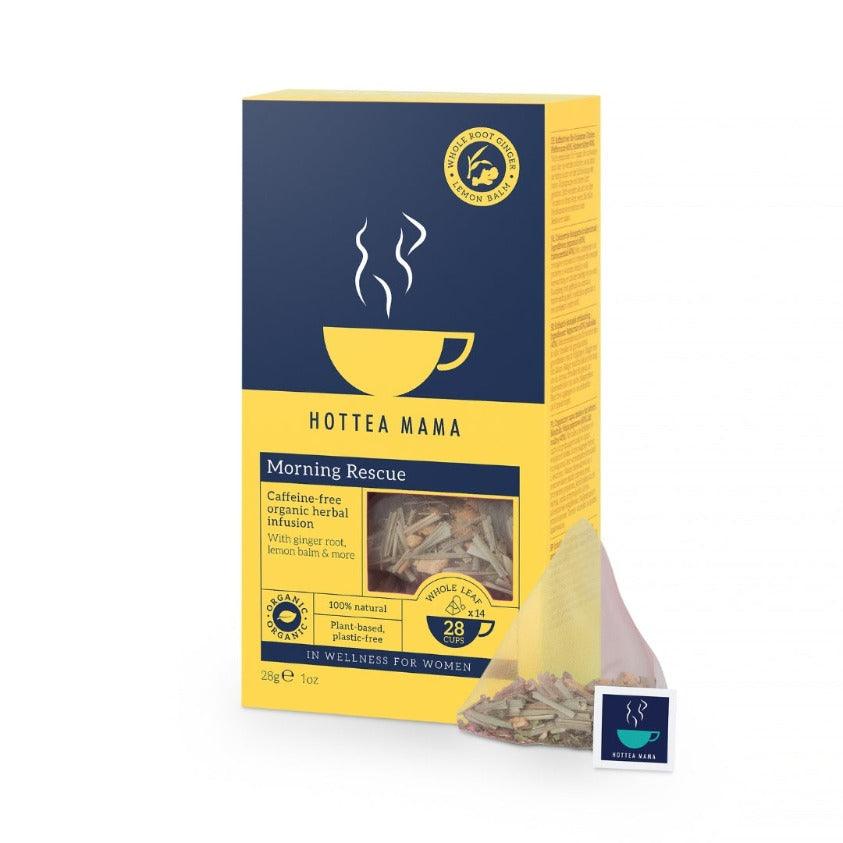
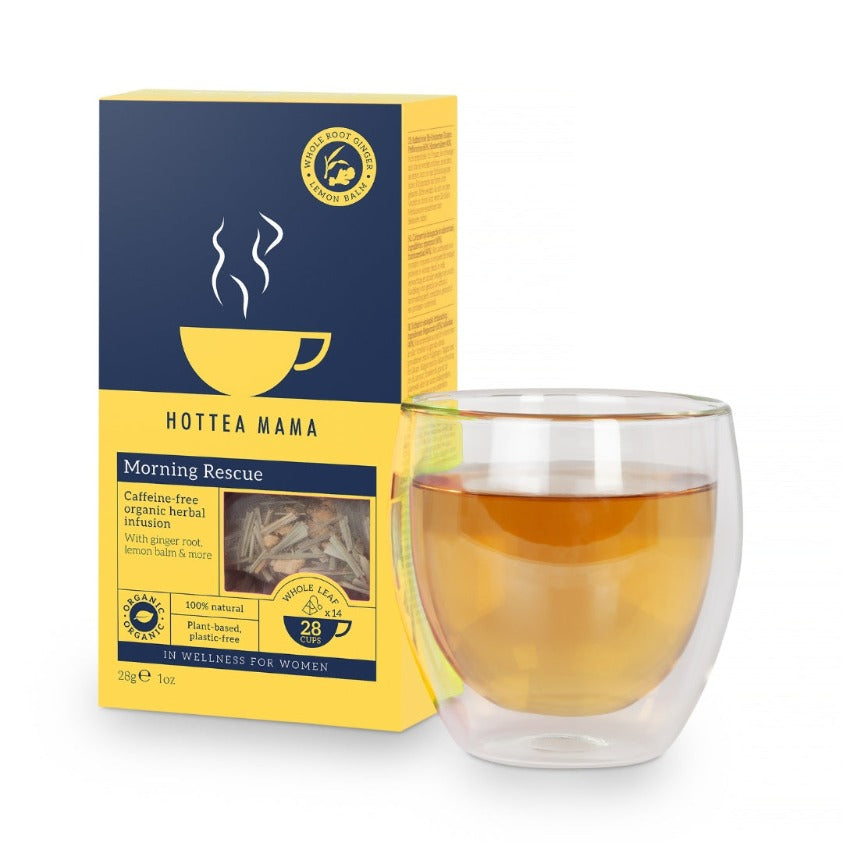
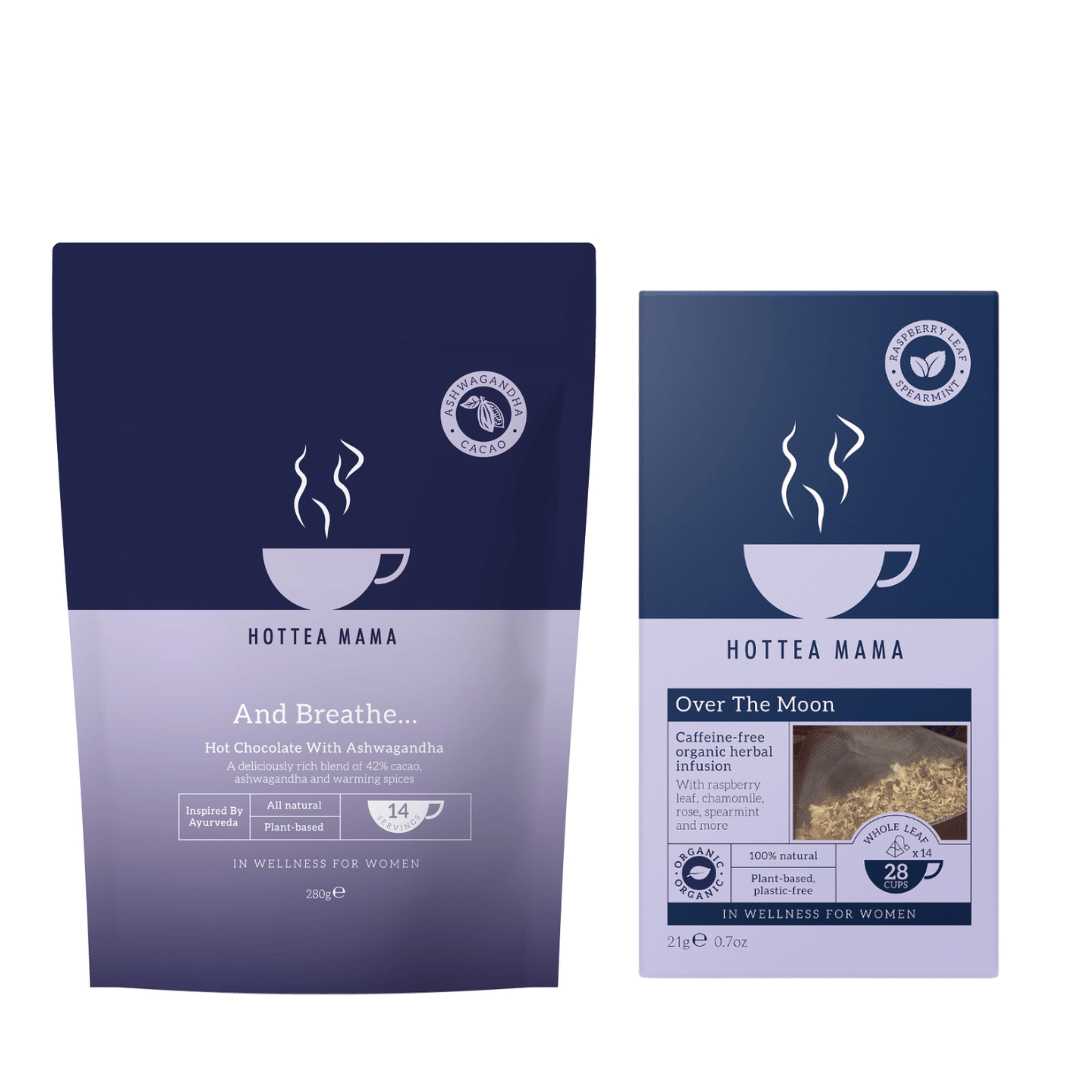
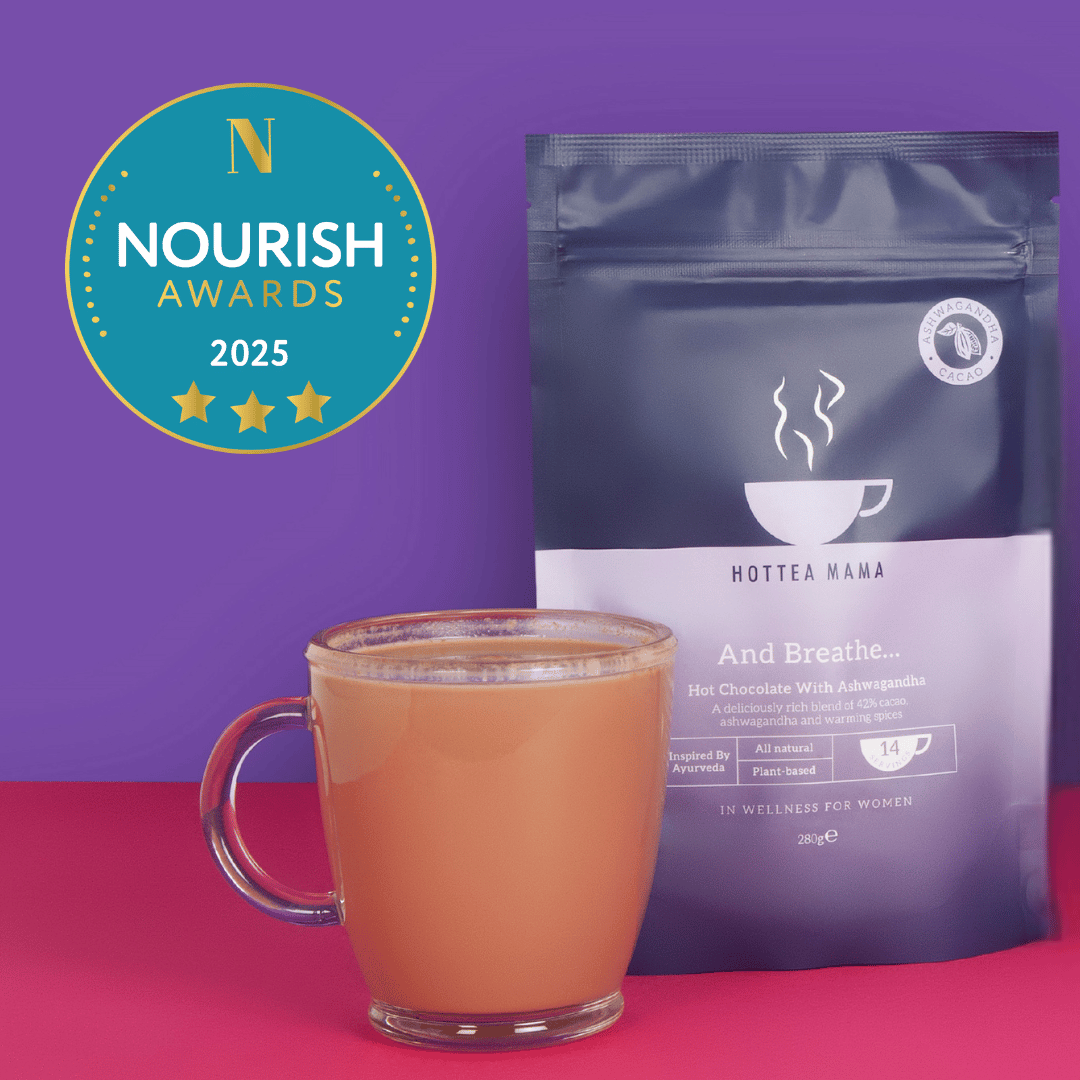
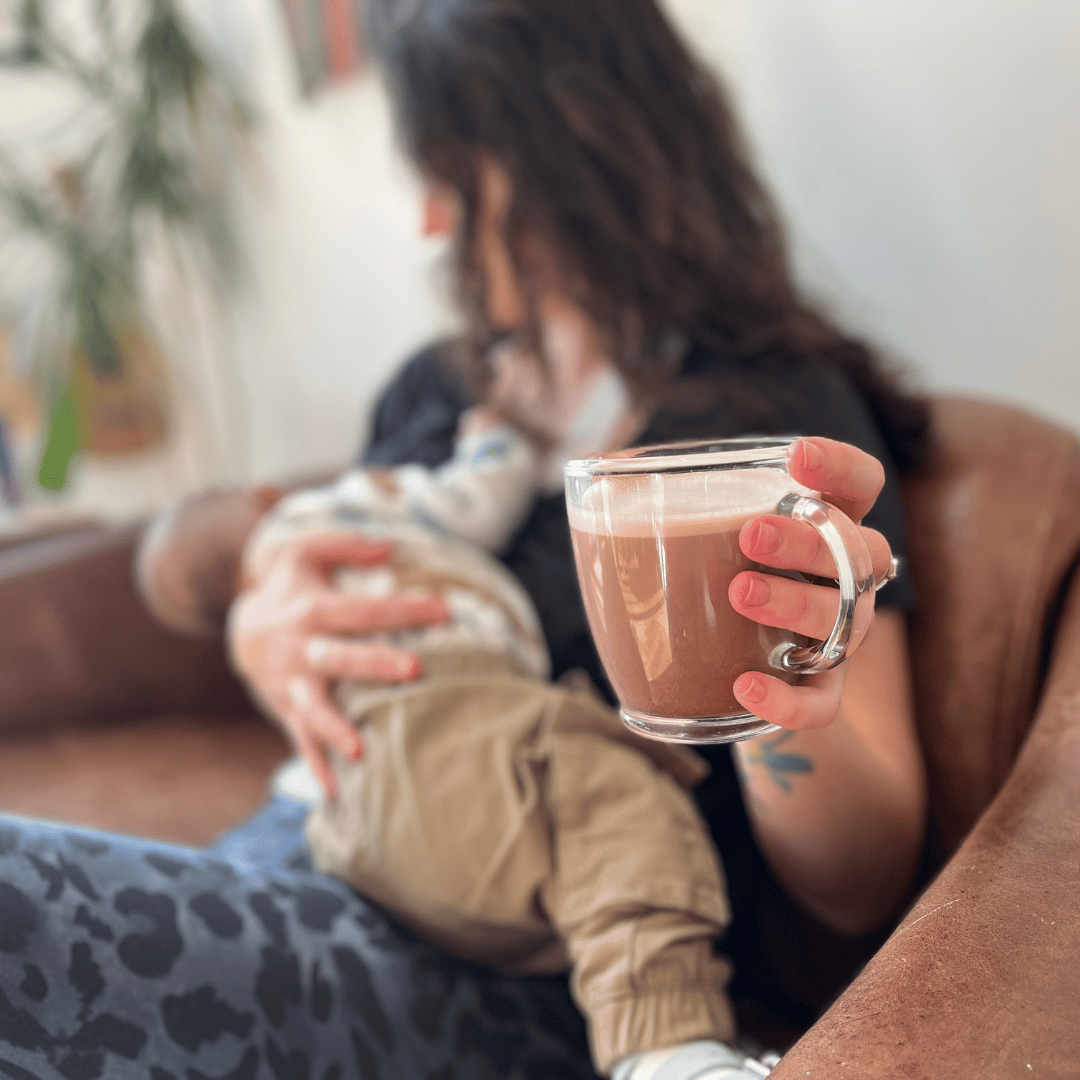
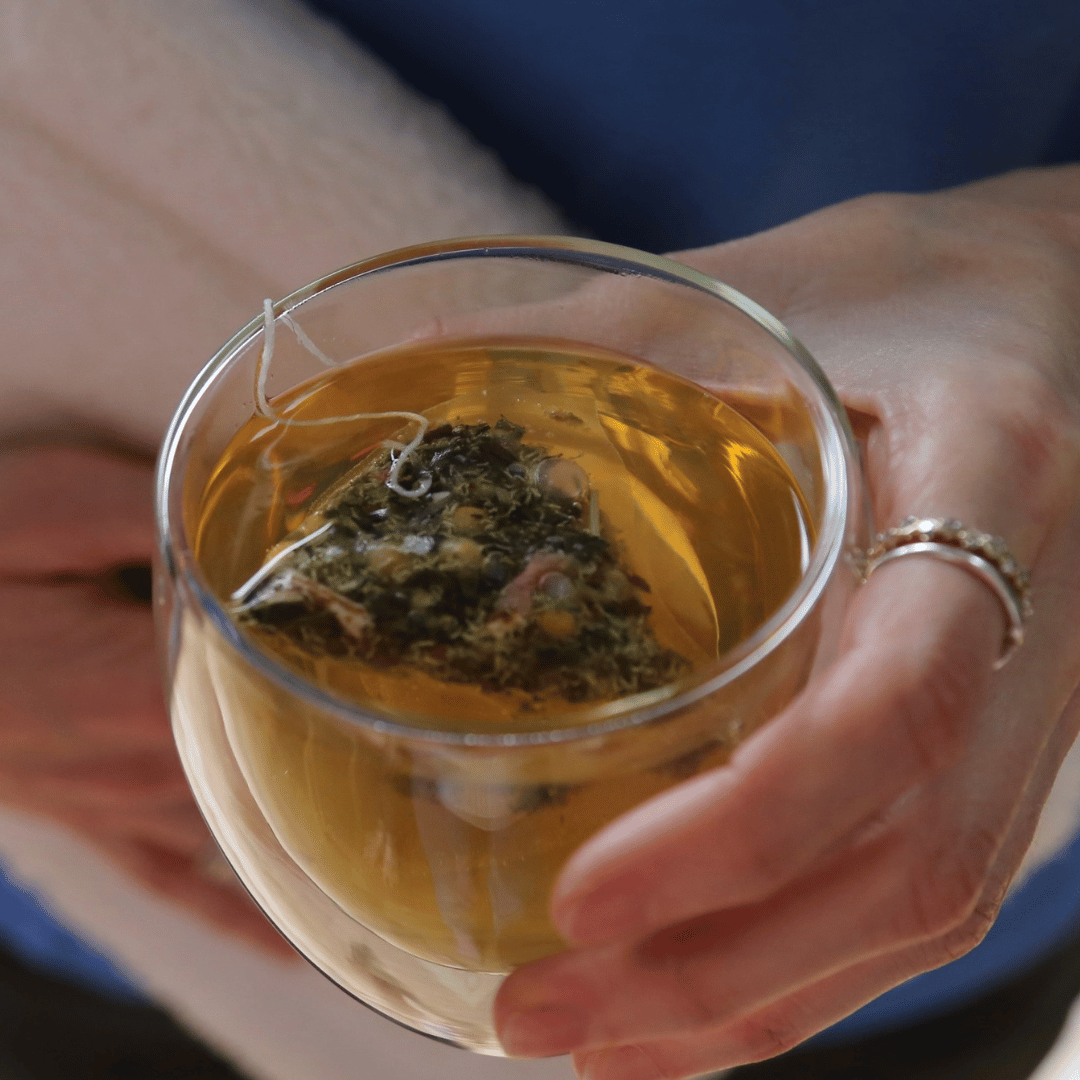
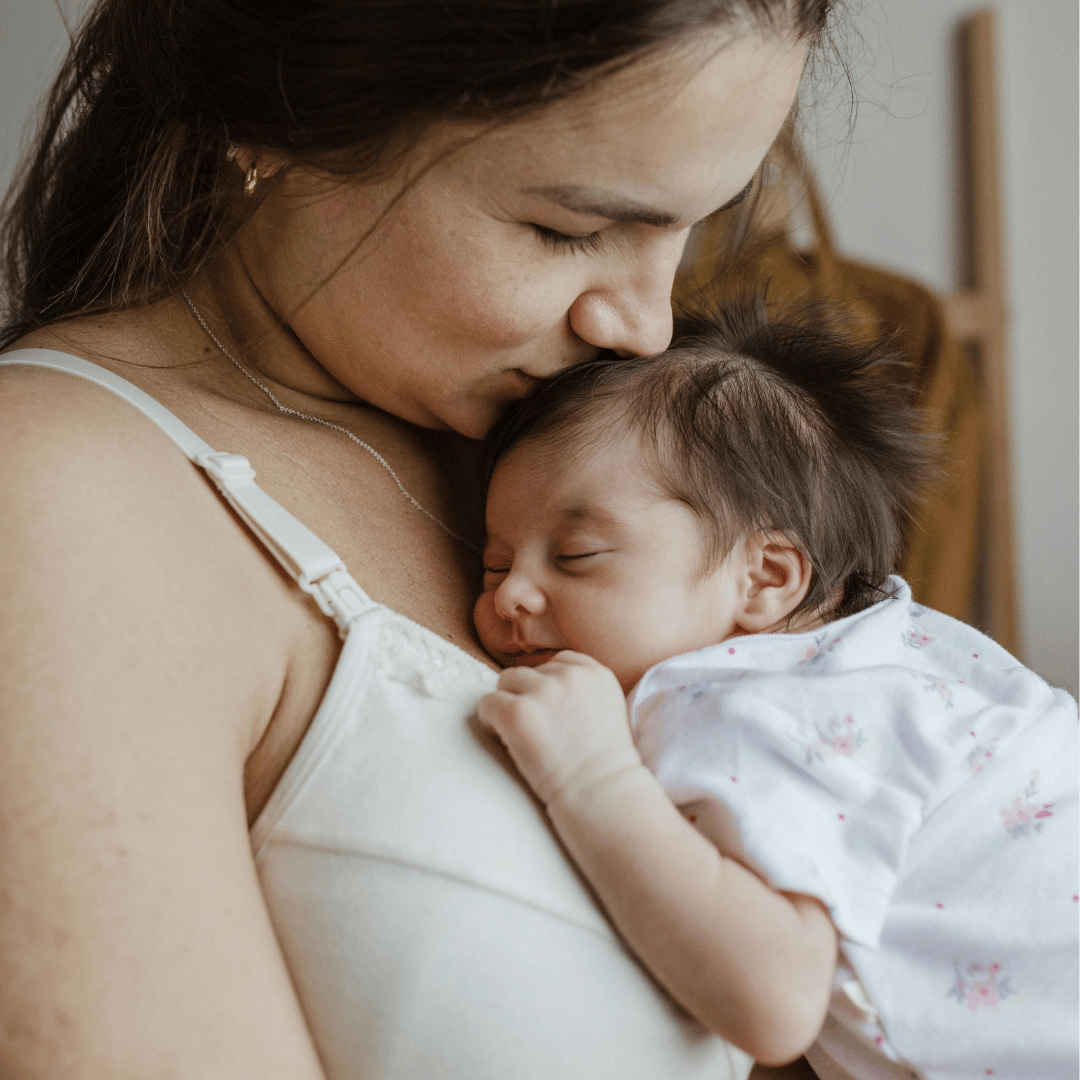
Comments